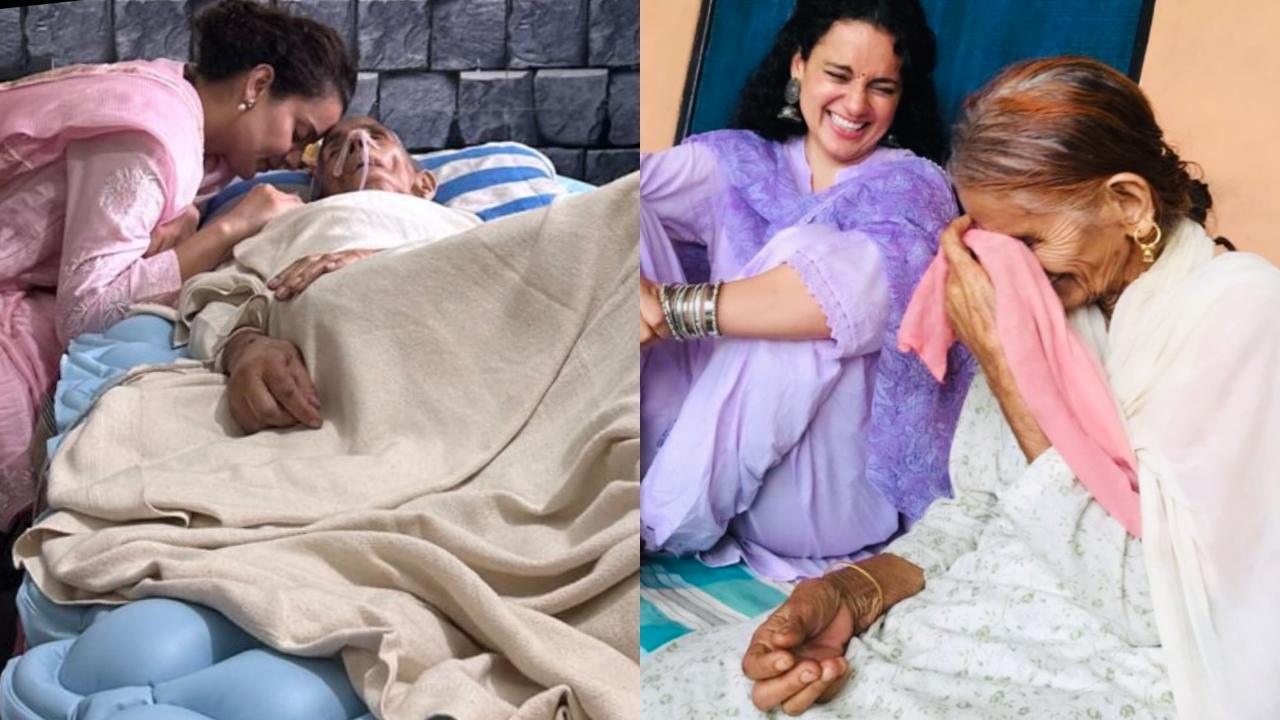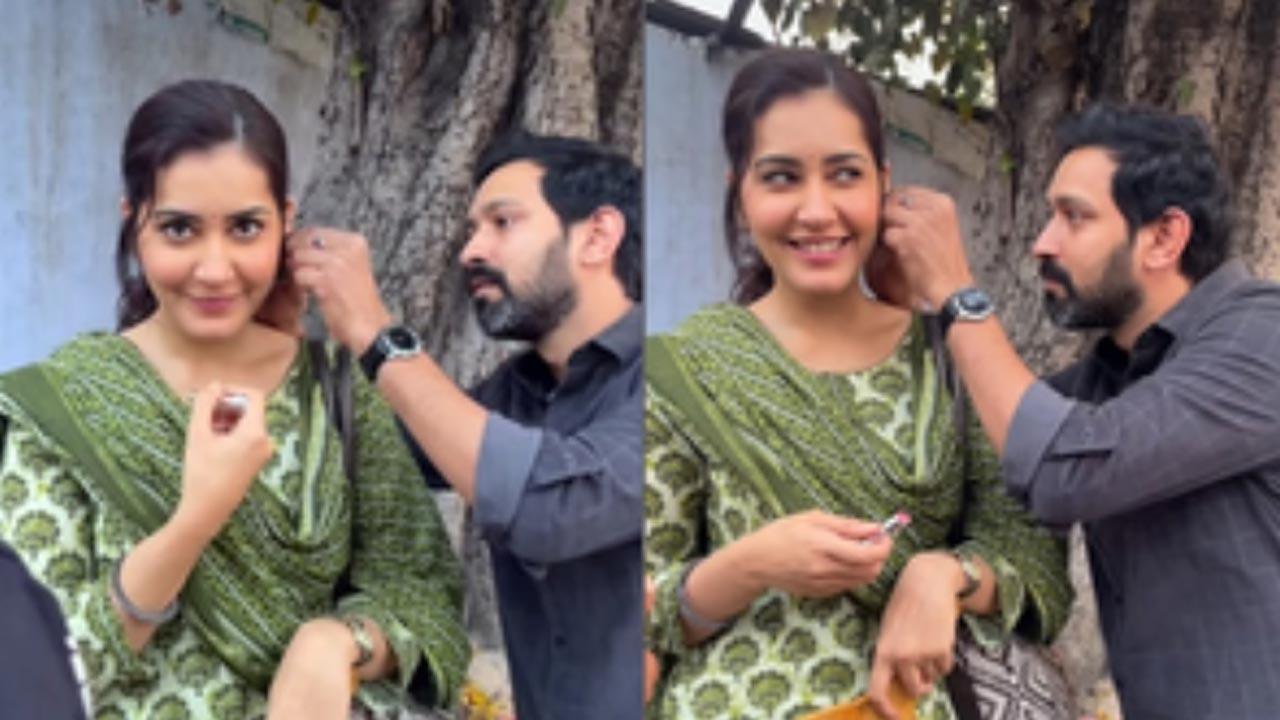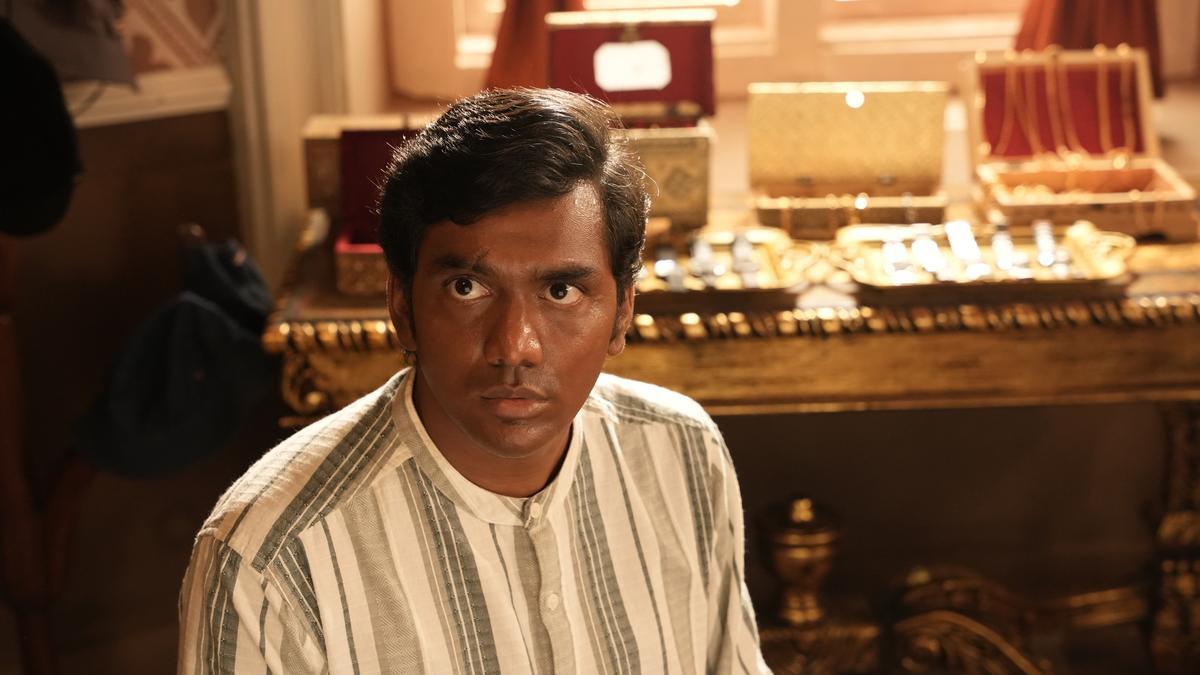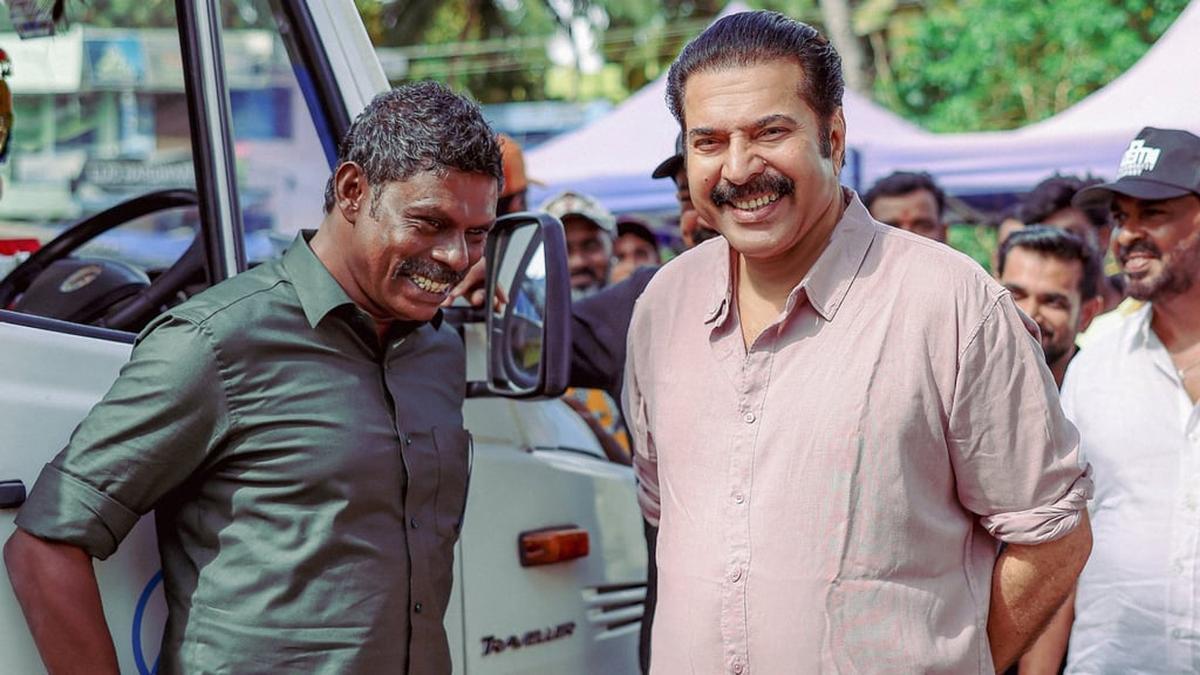
New Delhi: In a significant decision on Friday, the Supreme Court of India dismissed a writ petition that sought to revoke the certification granted by the Central Board of Film Certification (CBFC) to the controversial film ‘Hamare Baarah’. The film, starring Annu Kapoor and directed by Kamal Chandra, has been at the center of a heated debate for its portrayal of Muslim women and the Muslim community.
The petition was brought directly before the Supreme Court, bypassing lower judicial avenues. It asked for the apex court to scrutinize the CBFC’s decision to certify the film. However, a vacation bench led by Justice Vikram Nath and also comprising Justice S.V.N. Bhatti, declined to review the plea on merit. “You challenge the Bombay High Court order. The movie was screened and the Bombay judges have seen it. They directed expunging a few scenes, shots, and dialogues. If you seek leave and file an appeal, it would be correct for this court to examine the matter,” Justice Nath asserted to the petitioner’s counsel.
Sensing the court’s reluctance to entertain the plea, the petitioner’s counsel sought to withdraw the writ petition. Consequently, the bench dismissed the plea as withdrawn but granted permission to the petitioner to file a special leave petition against the previous Bombay High Court ruling. The Bombay High Court, on its part, had allowed the release of the film on June 21 with modifications to its content.
The petitioner argued that the film, ‘Hamare Baarah’, exploited and misrepresented Islamic teachings, specifically referring to Verse 223 of Surah Baqarah, Chapter 2 of the Holy Quran. Advocate Syed Mehdi Imam, representing the petitioner, claimed that the verse had been incorrectly projected as justifying the subjugation and exploitation of Muslim women by Muslim men.
. The petition filed under Article 32 of the Indian Constitution chastised the film for allegedly depicting Muslim women as slaves and chattels, and attributing the rising population in India to the Muslim community.
Directed by Kamal Chandra, ‘Hamare Baarah’ has a notable cast which includes Ashwini Kalsekar, Rahul Bagga, Manoj Joshi, Aditi Bhatpahri, Paritosh Tiwari, Parth Samthaan, and Shaan Saxena. The film’s trailer incited a wave of controversy and objections from Muslim intellectuals who contended that it misinterpreted Islam and sought to malign the religion and its followers.
As the controversy spiraled, numerous religious and community leaders weighed in, arguing that the film propagated damaging stereotypes and religious intolerance. The petitioners stated, “The director and producers of the film targeted a particular community and portrayed the status of Muslim women as slaves and chattels who are exploited by male members.”
Despite the uproar, the Bombay High Court ruled that the film could be released provided it made certain edits, including the removal of scenes, shots, and dialogues deemed objectionable. This ruling, however, did not satiate the petitioners who sought intervention from the Supreme Court.
When questioned by the bench about the modifications prescribed by the Bombay High Court, the petitioner’s counsel conceded that the changes had been ordered but contended that the overall basis of the film still remained problematic. “The portrayal and interpretation of religious texts in the film is not just a minor issue of a few scenes or dialogues; it strikes at the very root of communal harmony and violates constitutional values,” argued Syed Mehdi Imam.
Notably, this case and the broader debate it has sparked touch on a recurring issue in India—the balance between creative freedom and community sensitivities. With films often serving as mirrors to society, they can simultaneously challenge and reinforce existing norms and prejudices. The broader discourse around ‘Hamare Baarah’ underscores the persistent apprehensions within communities about representation and respect.
As the film awaits its revised release, it highlights ongoing tensions regarding how media portray various segments of society and the enduring need for dialogue and understanding. Whether ‘Hamare Baarah’ will eventually be accepted or further contested remains to be seen, but the decision by the Supreme Court sets an imperative judicial precedent in the nuanced interplay of law, culture, and communal feelings.
In the interim, the film’s producers and the CBFC have maintained that the film is a work of fiction and should be viewed in that artistic context. They argue that the purpose of cinema is to provoke thought and discussion, not to necessarily reflect reality verbatim. What remains evident is that the discourse around ‘Hamare Baarah’ is far from over, and its ultimate impact will likely unfold as it reaches broader audiences.










